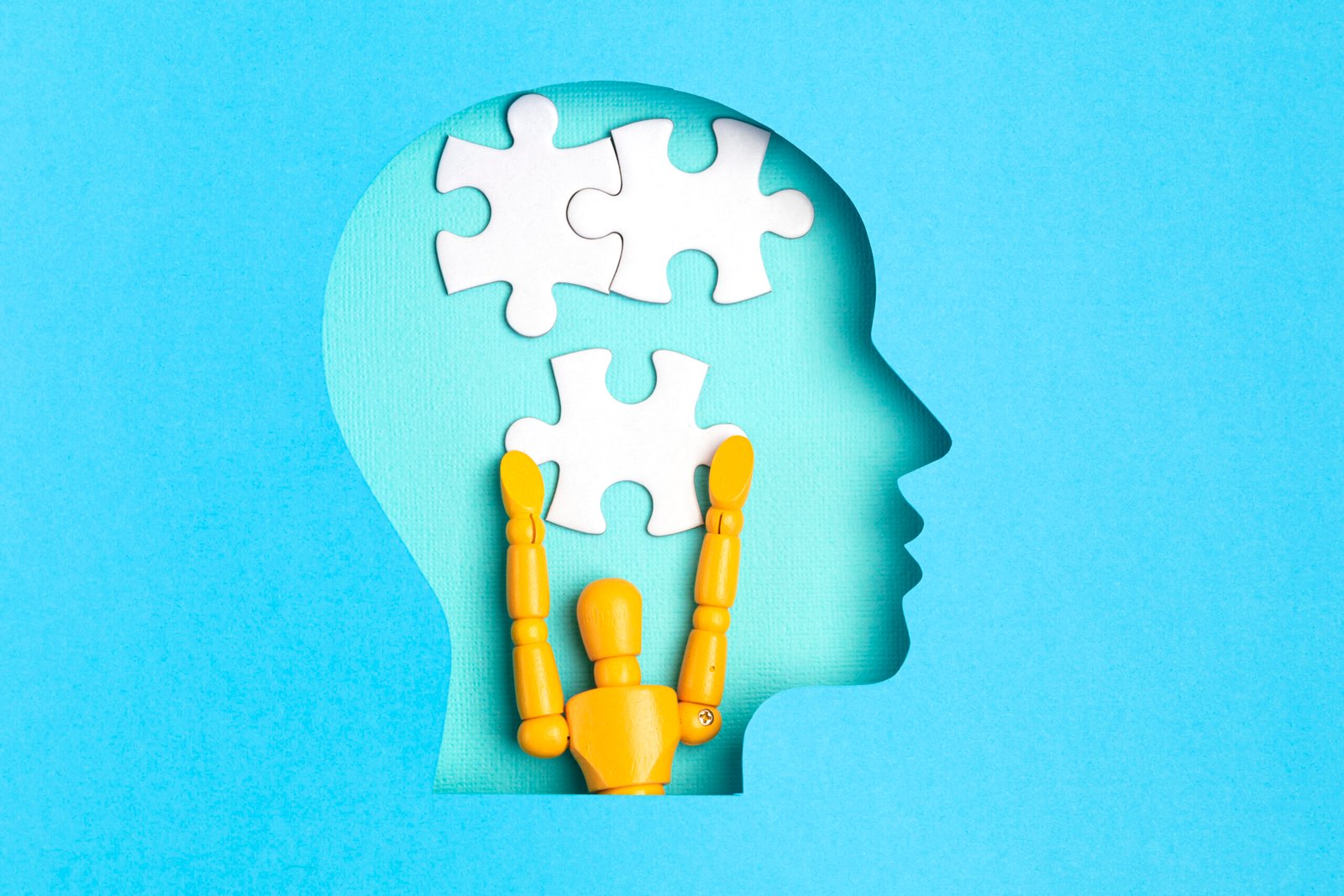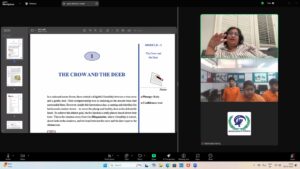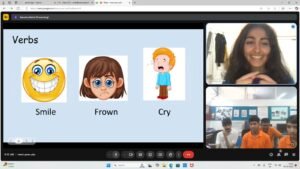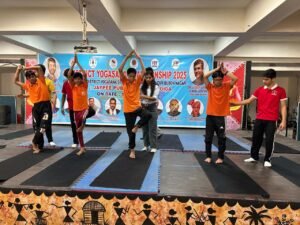A Mother’s Joy: Aanchal’s Communication Transformation
A Mother’s Joy: Aanchal’s Communication Transformation “I’m Mamta Sachdeva ,mother of Aanchal Sachdeva and I’m incredibly grateful for the remarkable progress my daughter has made. Before joining Dr. Narla’s communication classes, Aanchal struggled significantly; she would hesitate and often couldn’t





